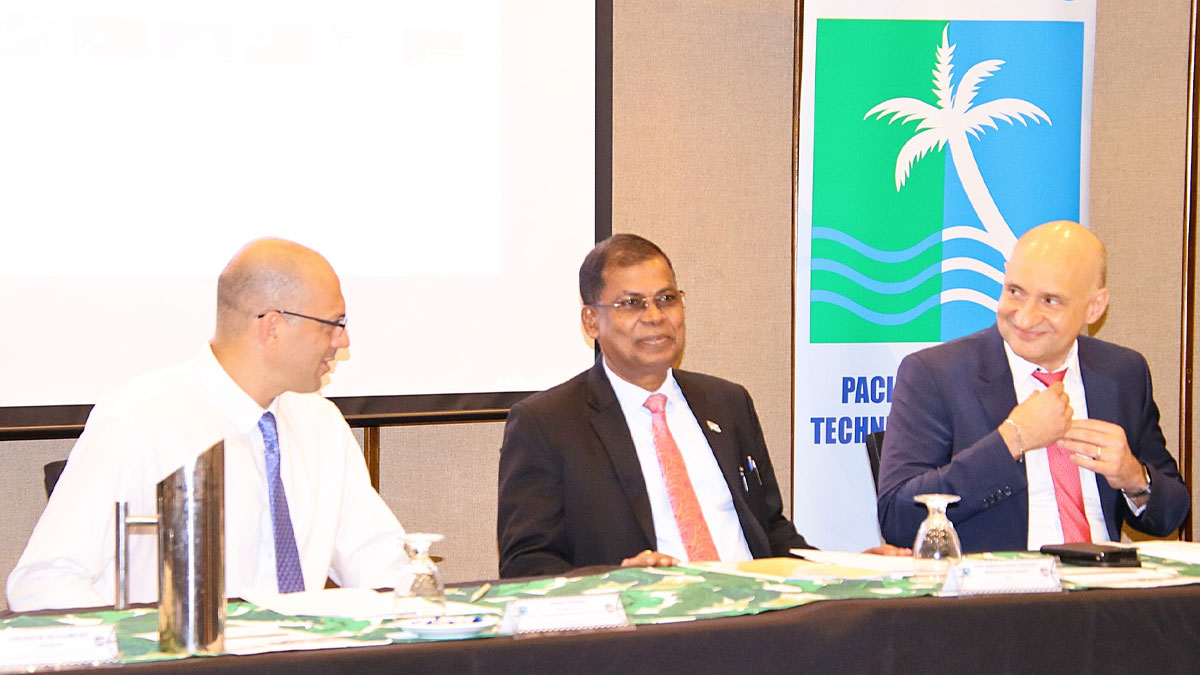
As we stand on the frontline of climate change, we face unprecedented challenges that test our resilience, adaptability, and strategic vision.
This was highlighted by Deputy Prime Minister and Minister of Finance Professor Biman Prasad while officiating at the IMF Macroeconomics of Climate Change Course facilitated by the Pacific Financial Technical Assistance Center (PFTAC) at the Holiday Inn.
Professor Prasad says the knowledge shared during the course will serve as a vital tool to strengthen our policy-making, enabling us to make informed and effective policy decisions in the face of these challenges.
He says this course comes at an opportune time as it has been designed to address a wide range of issues, from understanding climate risks to building fiscal strategies that promote resilience.
The Deputy PM says it is an ambitious and necessary undertaking, one that will empower leaders to chart a sustainable course for the future.
He says rising sea levels, frequent extreme weather events, and environmental degradation are not distant threats, but they are here, and they are deeply personal and our geographic realities demand that we prepare and adapt proactively.
He adds this course provides a platform to confront some of these policy challenges head-on and it includes insights into measuring climate risks and utilizing reliable data sources, with an emphasis on the practical application of these tools in policy and planning.
Professor Prasad acknowledged partners and supporters who have made this possible and especially thanked the Australian Deputy High Commissioner, representatives from the European Union and the United Kingdom, and the Director of PFTAC, Samir Jahjah.
He says a key component of this course is the focus on fiscal strategies for climate adaptation, and workshops on topics such as “The Economics of Adaptation to Climate Change” and “Assessing Climate Risks in the Financial System” are not only timely but essential.
Stay tuned for the latest news on our radio stations

